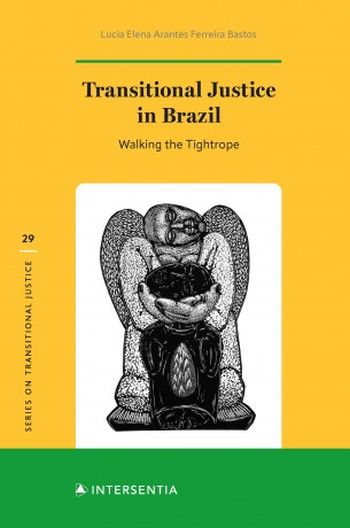
After a period of authoritarian regime like those in Latin America during the 70’s and 80’s, a transition, a transition to democracy usually raises questions such as “Who will be held accountable?”, and “Who deserves reparations?”. At the same time, in the foreground of the debate is the threat to the stability of the regime: “How can we balance competing moral imperatives, reconcile legitimate claims for justice with equally legitimate claims for stability and social peace, and foster the relationship between justice for crimes of the past and a democratic order?”
With respect to the problems confronted by Brazil throughout its transition process, the main challenge has been the very long nature of this transition, which has given rise to different politics of memory in a context of persistent social and economic inequalities and continuing instances of police brutality. In addition, many issues regarding the recent past are still ongoing; for instance, there are still efforts to elucidate human rights violations and to implement trials for their perpetrators 37 years after the end of the dictatorship. At the same time, there is a challenge to the 1979 Amnesty Law, a discussion about the reparation programs implemented in 1995 and 2002, and the hope that the recommendations of the 2014 National Truth Commission will finally be implemented. There is also a debate about the construction of official memory from that period of history.
Under this specific scenario, following the authoritarian regime (1964-1985) and in the midst of the reconstruction of democracy, the book assesses the mechanisms most commonly associated with Transitional Justice, such as amnesties versus criminal prosecutions, non-judicial truth-seeking commissions to expose human rights violations, and reparations for victims. A comprehensive analysis of how these pillars have (or have not) been implemented throughout the last few decades in Brazil is carried out.
The book offers a holistic approach to Transitional Justice, covering not only the governmental measures seeking reconciliation and accountability, but also the role of civil society organizations in the search for truth, justice, and memory. In addition, it proposes a discussion about the violations of the human rights of indigenous people during the dictatorship (1964-1985); it investigates the role of gender in Brazilian Transitional Justice measures, and initiatives towards visibility, recognition and transformation; as well as the role played by complicit corporations and private actors.
In summary, based on the social dynamics operating in the specific historical context of post-authoritarian Brazil, the book attempts to create an accurate and clearly defined timeline of Transitional Justice in Brazil.